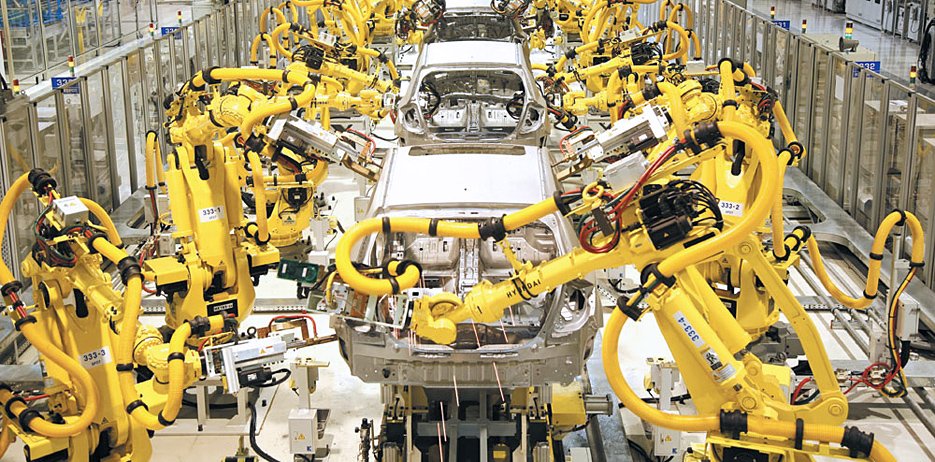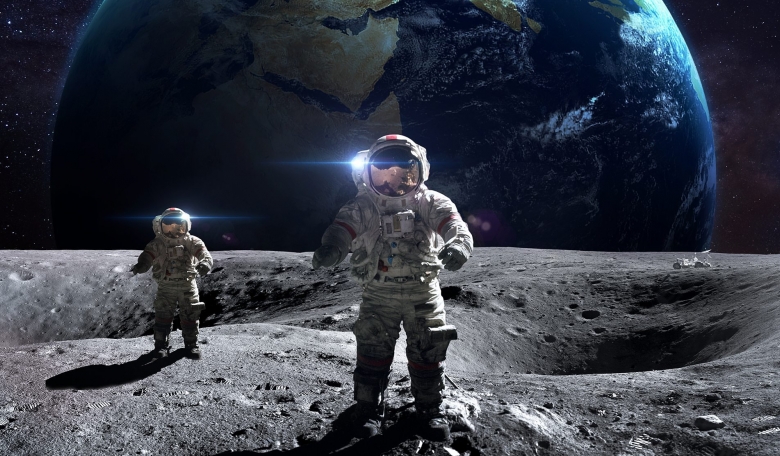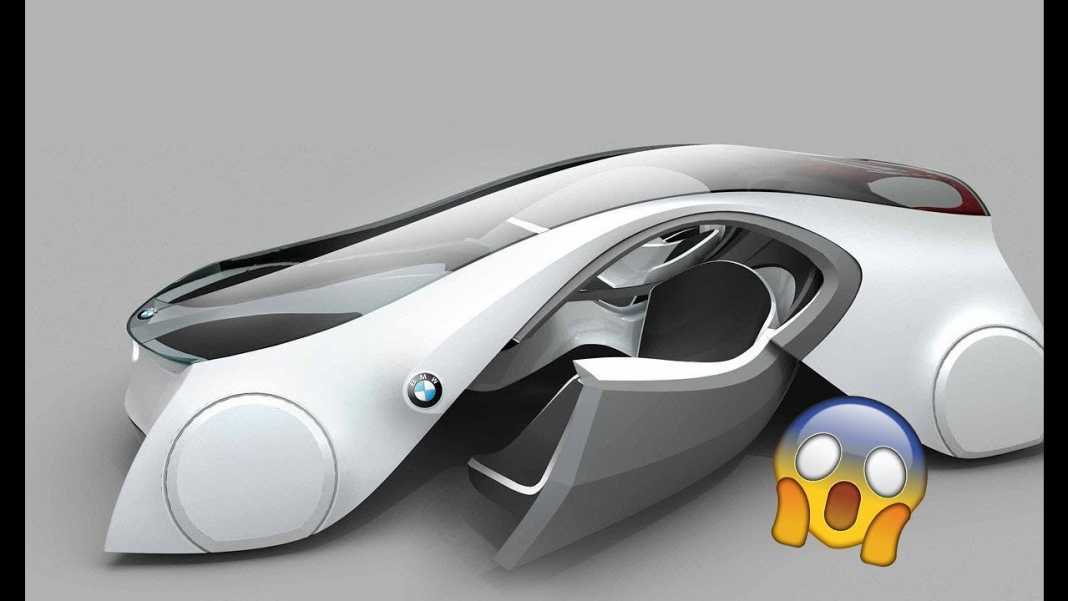Congratulations to all of you, you’ve made it through the fifth of the 21st century. The 2020s are here, and new challenges and innovations are emerging with this brand new decade that will change the way we live. In the past, Techtalkplanet marked the passing of each year by providing predictions for the coming year. But for this New Year’s Eve, we looked into our crystal ball to envision what the next decade will bring.
While our predictions may seem lofty and maybe even pulled from science fiction, they are all based either on technologies that are already available or are currently under development. It’s not a matter of whether they’re going to come to fruition, but when. So what tech is this decade going to change your life? Let’s look at it.
7Mass Automation

This decade, the world’s labor force will have a reckoning. Technology is now at a point where robots can accomplish many tasks faster and more efficiently. Such robots will run themselves with the advent of AI, further removing in the process the need for humans.
The freight transportation industry will also gradually automate itself with self-driving cars and drones. Automation will become the rule over the 2020s, not the exception — potentially endangering a fifth of current jobs by 2030.
Ask Andrew Yang, this seemingly inevitable job apocalypse has even become a campaign issue for the 2020 election year. But Yang’s not going to be the last. Look forward to hearing even more about this in the coming years. Either way, we’re going to have to figure out how much automation we’re willing to accept, and what to do with the millions that will result in losing their jobs. Solving it is not an easy problem.
6Space Explorsation

The 2020s will mark the return of people beyond the orbit of the Earth to space missions. There is the chance that within the next decade, humans will set foot not only on the moon, but also on Mars. Of the two, it is much more likely to return to the moon— with people setting up a permanent lunar settlement by the end of the decade.
NASA is currently targeting the Artemis III mission in 2024, which will bring people back to the lunar surface and a permanent settlement by 2028. Nevertheless, by the end of this year or early 2021, people could visit the moon. As for Mars, it’s a lot harder.
Although SpaceX has repeatedly stated that it is the intention of putting humans on Mars by the end of the decade, whether this is feasible depends on the success of the company’s human-created lunar missions, which are expected to happen in the mid-2020s. No matter what, this time, people are returning to space to live. But it’s not just the astronauts who are going to be in space anymore.
5A Cure for Cancer and AIDS

We are so terribly close to a treatment for two of the most vexing illnesses of the past few decades: cancer and AIDS. While we have been told numerous times over the years that a cure is close to us, we have only found effective ways of putting other types of cancer into remission or simply holding Hiv in the bay for a while— not a cure for either.
But for both diseases, the 2020s may finally see a legitimate treatment, potentially saving millions of lives in the process. A radical new drug called CAR-T shows great promise for cancer, and similar progress is claimed by other companies Researchers at Temple University and Nebraska University successfully eliminated HIV-1 from living animal genomes with AIDS.
With this success, by the end of the decade, these two deadly diseases are expected to be a thing of the past. And that’s not all — several other conditions may become much more rare, and those born in this decade are likely to make it healthier in the 22nd century than generations before it.
4Space Tourism

The idea of space tourism is nothing new, and different companies have tried to make it a reality for about as long as people have been in space. Nevertheless, it will become a reality in the 2020s.
SpaceX aims to fly Japanese billionaire Yusaku Maezawa around the moon in 2023 and a group of artists. The expense is uncertain, but it is expected that Maezawa will pay millions of dollars (if not tens of millions). But both Branson and Bezos have publicly stated that they do not want to restrict spaceflight to the super-rich. And Elon Musk has also proposed plans for a rocket-based travel system that could potentially carry you within an hour to any point in the world— all at the price of an economy airline ticket. While there is reason to be skeptical of Musk’s idea, it is quite possible that a trip on a space-bound plane will cost little more than a first-class ticket by the end of the decade.
3The Rebirth of Public Transit
Public transport in the U.S. sucks. There’s no good way to put it. The explanation for this? Americans love their cars. The United States ranks fourth in cars per capita. In terms of time spent on congestion, it also ranks fourth.
But that’s not all: our increasingly widespread metropolitan areas give birth to the “super commuter,” those of us who travel to work for 90 or more minutes a day, whose numbers have skyrocketed in recent years. It’s time for America to take public transit seriously.
Many new bullet trains are expected to begin operation across the country in the 2020s. Air traffic will become accessible, and if companies like Uber have their way, in just a few short years you’ll probably be on one of these flights.
Yet the Hyperloop may be the most exciting. If all goes well, we will have the first functioning hyperloop network in the early 2020s from Abu Dhabi to Dubai, followed by other small ventures across the decade. It’s quite exciting.
2Human Augmentation

Here we don’t talk about full-blown cyborgs. Nonetheless, innovations are currently being developed to expand human capabilities, even to those that may not have had them in the first place. It will become much more popular for robotic limbs that can be powered by thinking, giving amputees and paraplegics freedom back.
Technologies that link our brains to computers are well under progress and are likely to be available by the middle of the decade. Computer chips can be implanted in our skin to allow us to identify ourselves, open doors , and monitor all system types.
It’s a pretty exciting idea, but could it also bring up all sorts of questions as to when and what is appropriate where human expansion is concerned.
1The Last Mass-Produced Gas Vehicle

It seems that for much of the 21st century, the automotive industry has been overselling the idea of electric cars, and that’s pretty accurate. Although the electric vehicle has been around for decades, it wasn’t until the 2010s that technology was able to produce a mass-market electric vehicle— the Tesla
The business has certainly triggered a massive push for electrification, and probably so much so that by the end of the decade, a vast majority of new cars sold will be all-electric.
By mid-decade, most of the cars sold will be either hybrid or electric. At least one manufacturer Volkswagen, is planning to be all-electric by 2026. Volvo is planning to be there sooner, possibly as early as 2021. The last gas-powered vehicle is expected to have rolled off the assembly lines by the end of the decade. But with all this electrification comes the question of how to keep all those cars charged — which could not be handled by our current system.
























































